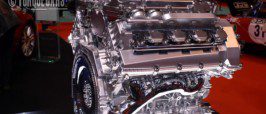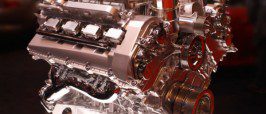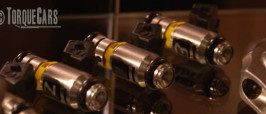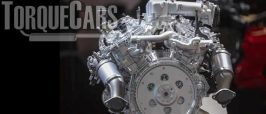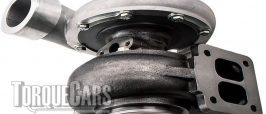Bristol Tuning Tips and Modifications
Maximise your Bristols driving pleasure
Thank you so much for visiting TorqueCars, we love Bristol’s and see quite a few interesting projects.
If you are looking to build the ultimate Bristol then you’ve found the right place.
Our tuning tips and articles for the Bristol cover all the best mods and latest tuning methods to help you build a great modified Bristol.
With the help of our forum members, industry professionals and seasoned car modders we present a best practice guide to modding your Bristol.
Please join us in our forums, we love to hear what members are up to and it helps us spot trends so that we can ensure the site is always covering the latest and greatest tuning topics.
Feel free to drop a tip or suggestion on the comments box at the bottom of each and every article, this feedback is greatly valued and helps us refine our articles.
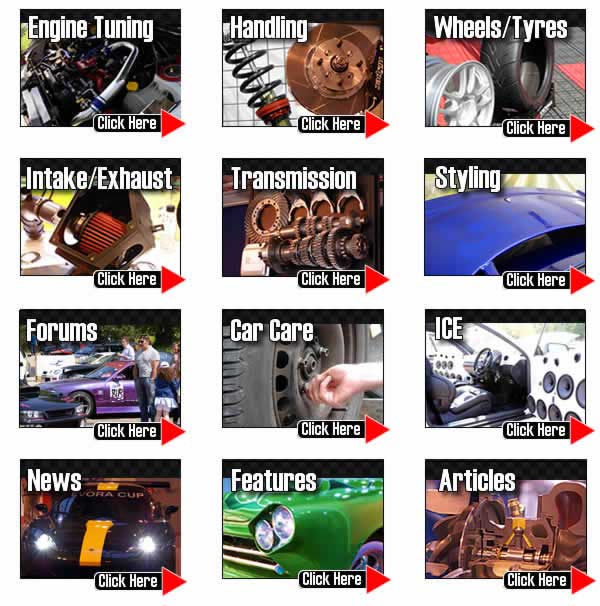
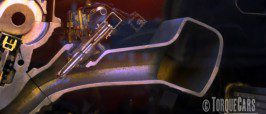
Performance injectors “Thanks for reading our fuel injector article.” Your car might be performing just fine with stock parts, but, […]
Reboring engines
You can increase the power of an engine by increasing its capacity. This is a fairly involved process and requires a good deal of research and preparation. Unless you want to have to retrace your steps and go a different route midway in to the job.
Some of TorqueCars.com members have had their engines rebored ,and this does seem a good way to increase power. However there are a few things we should take into account.
How to lower the engines compression ratio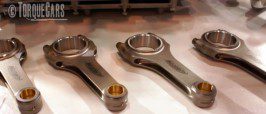
Reducing the compression ratio is required if you want to run a high boost supercharged engine. High compression NA (naturally aspirated) engines are quite efficient but when adding forced induction you want to lower the compression ratio.
The compression ratio has a dramatic effect on an engines performance and the problem of knock, (where the air fuel mix prematurely ignites) is controlled to a large degree by the compression ratio.
Chip Tuning – better engine management.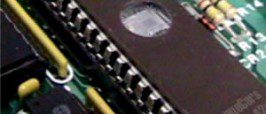
The days of fiddling around in the engine bay with a spanner to make the car go faster are numbered.
Modern engine computers (ECU’s) take over many of the controls of all aspects of engine management from timing to fuelling and more.
This actually means you get better power, a cleaner burn and more reliable engine but it does not mean the end of tuning.

